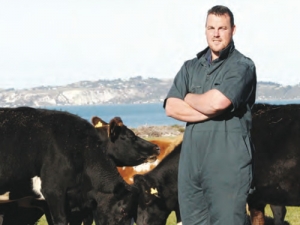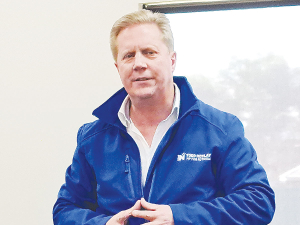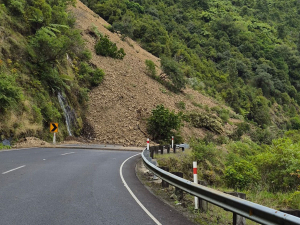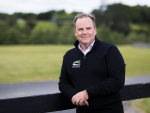A dairying revolution is underway in Kaikoura, and it's a positive revolution.
Promptly in early 2016, each of Kaikoura's 24 dairy farmers joined with DairyNZ and Fonterra to prepare a sustainable milk plan for their farms.
Chris Appleby, the Supply Fonterra programme leader, says the farmers were keen to get on board quickly. A workshop one month later was followed by a visit by DairyNZ consultants from Christchurch; for two weeks they visited all farms, helping each complete a sustainable milk plan.
Fifth-generation dairy farmer Terry Laugesen says, "we're not here to rape the land".
Knowing things were going to be changing the farmers saw no point in arguing the toss, instead putting their energies into showing they care about the environment.
Fish and Game Nelson-Marlborough manager Rhys Barrier says "these farmers deserve praise and recognition for their efforts and the speed at which they completed their plans".
The results speak for themselves:
100% of farms were 'block' mapped ensuring accurate information for Overseer files, linking land management to soil types for each farm (The only region in New Zealand that has this)
100% of farms submitted data for end-of-season nutrient budgeting for the 2014-15 season (the only large region in NZ to achieve this)
No major or critical ratings in shed assessments in the environmental section for the past two seasons
All permanent flowing waterways are stock excluded, which equates to 37km of fencing done in Kaikoura
All regular stock crossing points have culverts or bridges to keep stock out of waterways
Every farm has completed a sustainable milk plan six months ahead of when regional council rules would require them.
The Laugesen farm runs 850 cows on a 260ha effective milking platform. Laugesen says having a plan has changed his mindset – helpfully. It wasn't complicated, he says.
Appleby says Canterbury farmers were the first to complete the plans. Their efforts were rewarded by Environment Canterbury commissioner David Bedford: he had quipped at a water zone committee meeting that if all the Kaikoura farmers had their plans in place by May 31 he would shout them wine from his own vineyard.
At a recent dairy farmers' annual dinner in Kaikoura Bedford gave each farmer a pack of three bottles of wine, honouring his word.
Laugesen says the help from DairyNZ and Fonterra got the task done; all parties had worked together to achieve the goal.
He says his weakness was doing the paperwork, and he cautioned that you need a paper trail – everything recorded because "Environment Canterbury can't listen to you without proof".
Laugesen commented that because farmers are now a small minority in New Zealand (86% of Kiwis live in urban areas) "farmers need to show they care about the environment otherwise we may not be allowed to keep farming".
• Richard Cosgrove is a communications officer at Fish and Game.










